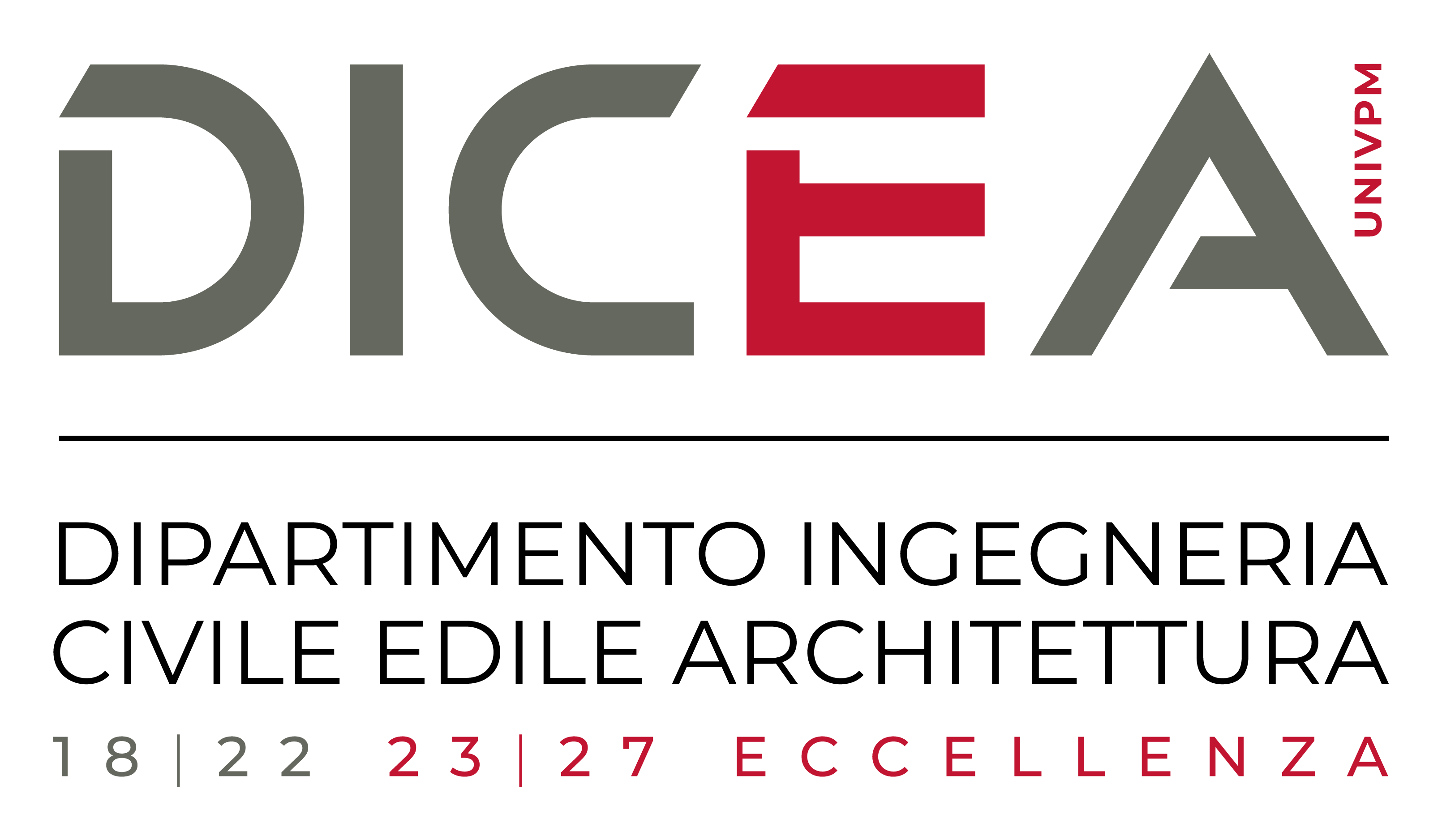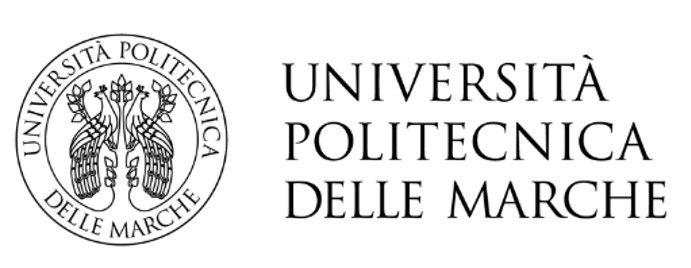Monday, 9th June 2025
| Time | “Boxe” Room | Faculty of Engineering |
|---|---|---|
| 9.00-16.00 | TC Annual meeting, RILEM TC 308-PAR Performance-based Asphalt Recycling (Room 160/1) | |
| 10.00-12.00 | TC meeting, RILEM TC 316-FEE Fume Emissions Evaluation for Asphalt Materials (Room 160/3) | |
| 13.00-16.00 | Workshop, TC 307-PPB Physicochemical Effects of Polymers in Bitumen (Room 160/3) | |
| 17.00-20.00 | Registration & Welcome Cocktail |
Tuesday, 10th June 2025
| Time | Auditorium “Orfeo Tamburi” | “Boxe” Room | ||||||
|---|---|---|---|---|---|---|---|---|
| 8.30-9.00 | Registration | |||||||
| 9.00-9.30 | Opening Ceremony | |||||||
| 9.30-10.15 | Lecture 1 (Marasteanu) | |||||||
| 10.15-10.45 | Coffee Break | |||||||
| 10.45-12.45 | Session 1 – Aging and rheology of binders (6 papers)
| |||||||
| 12.45-14.30 | Lunch / Poster Session see details | |||||||
| 14.30-16.15 | Session 2 – Performance and multiscale modelling (5 papers)
| |||||||
| 16.15-16.45 | Coffee Break | |||||||
| 16.45-18.30 | Session 3 – Thermo-mechanical properties of bituminous materials (5 papers)
|
Wednesday, 11th June 2025
| Time | Auditorium “Orfeo Tamburi” | “Boxe” Room | ||||||
|---|---|---|---|---|---|---|---|---|
| 9.00-9.45 | Lecture 2 (Kaliske) | |||||||
| 9.45-10.45 | Session 4-a – Smart pavement solutions (3 papers)
| |||||||
| 10.45-11.15 | Coffee Break | |||||||
| 11.15-12.30 | Session 4-b – Smart pavement solutions (4 papers)
| |||||||
| 12.30-14.30 | Lunch / Poster Session | |||||||
| 14.30-16.30 | Session 5 – Sustainable binders (6 papers)
| |||||||
| 16.30-17.00 | Coffee Break | |||||||
| 17.00-18.30 | Session 6 – Pavement surface properties (5 papers)
| |||||||
| 19.45-24.00 | Gala Dinner |
Thursday, 12th June 2025
| Time | Auditorium “Orfeo Tamburi” | “Boxe” Room | |||||
|---|---|---|---|---|---|---|---|
| 9.00-9.45 | Lecture 3 (Rubio) | ||||||
| 9.45-10.45 | Session 7-a – Recycling and LCA (3 papers)
| ||||||
| 10.45-11.15 | Coffee Break | ||||||
| 11.15-13.00 | Session 7-b – Recycling and LCA (5 papers)
| ||||||
| 13.00-13.30 | Closing Ceremony | ||||||
| 13.30-14.30 | Lunch | ||||||
| 14.30-18.00 | Workshop: Latest Advancements in TSD Monitoring of Road Pavement Networks (download pdf program) |
Friday, 13th June 2025
| Time | Faculty of Engineering | Faculty of Engineering |
|---|---|---|
| 9.00-13.00 | RILEM TC 323-APD Alternative Paving Materials – Design and Performance |





